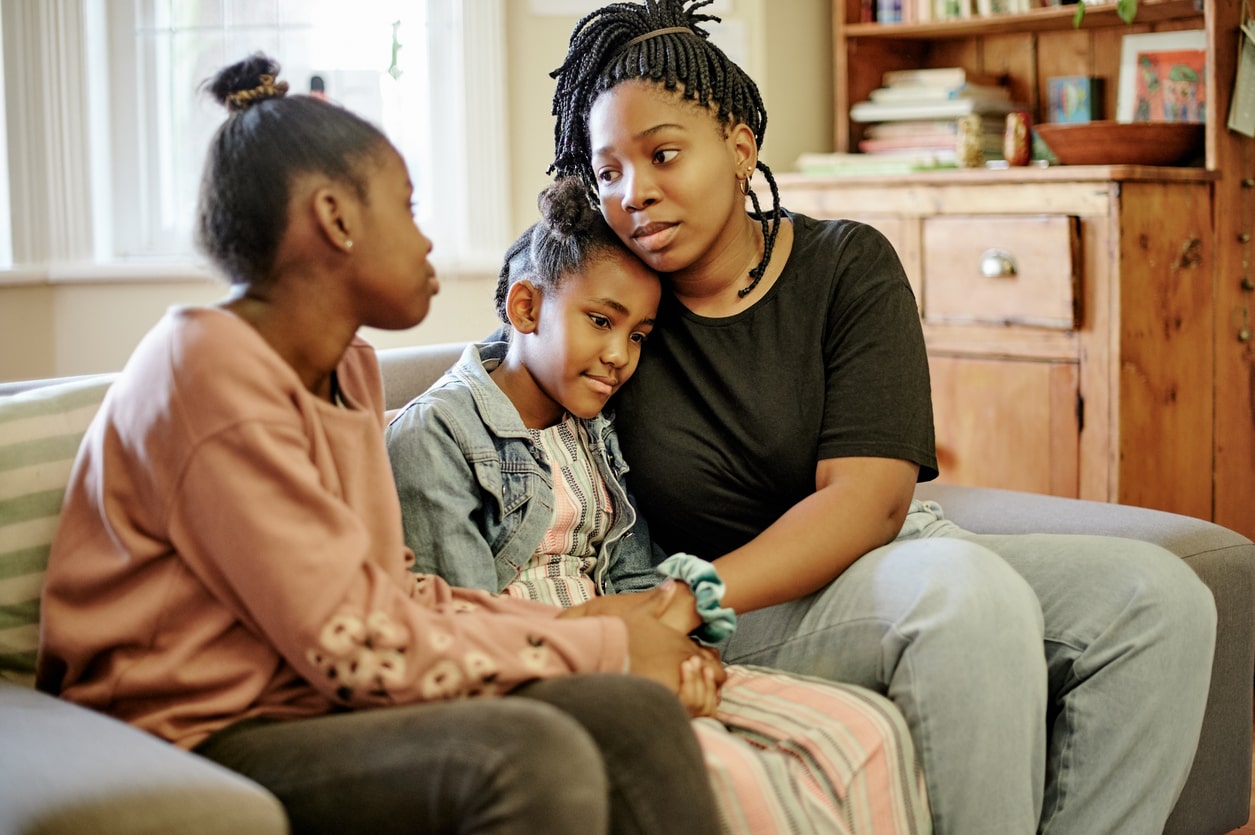Now Reading: How Families Can Support Addiction Recovery: Compassion, Boundaries, and Healing Together
-
01
How Families Can Support Addiction Recovery: Compassion, Boundaries, and Healing Together
How Families Can Support Addiction Recovery: Compassion, Boundaries, and Healing Together

Addiction doesn’t just impact one person—it affects the entire family. When someone you love is recovering from addiction, your role in their healing journey matters more than you may realize. How families can support addiction recovery goes beyond showing love. It includes offering emotional support, setting healthy boundaries, and creating an environment where lasting recovery can thrive.
In this article, we’ll explore how families can support addiction recovery, why your role is important, and what steps you can take to help your loved one heal—while also taking care of yourself.
Understanding Addiction as a Family Disease
Addiction is often called a “family disease” because it disrupts communication, trust, and emotional well-being for everyone involved. Family members may feel helpless, angry, or burned out. At the same time, they may unintentionally enable harmful behaviors in an effort to help.
Supporting recovery means recognizing that healing is needed on both sides—your loved one and yourself.
According to the Substance Abuse and Mental Health Services Administration (SAMHSA), involving family in the treatment process significantly improves recovery outcomes and reduces the risk of relapse 1.
Why Family Support Matters in Recovery
Studies show that people recovering from substance use disorders are more likely to maintain sobriety when they feel supported and understood. When family members take an active and healthy role, they help build trust, accountability, and hope.
Here’s how families can support addiction recovery in ways that truly make a difference:
- Provide emotional encouragement without judgment
- Learn about addiction and recovery
- Set clear, loving boundaries
- Encourage healthy routines and self-care
- Participate in counseling or family therapy
- Celebrate progress—not perfection
Let’s dive deeper into how each of these actions supports long-term healing.
1. Offer Emotional Support Without Judgment
One of the most powerful things you can do is simply be there. Recovery is often filled with ups and downs. Your loved one may feel guilt, shame, or fear of disappointing you. Offering your presence with patience and compassion can create a safe space for healing.
Try this:
- Use active listening—let them speak without interrupting.
- Offer encouragement—acknowledge their efforts.
- Avoid blame or lectures—focus on support, not control.
Example: Instead of saying, “You always mess things up,” try, “I know this is hard, and I’m proud of how far you’ve come.”
2. Learn About Addiction and Recovery
The more you understand addiction, the better you can respond with empathy instead of frustration. Addiction is not simply a lack of willpower—it’s a chronic disease that affects the brain, emotions, and behavior.
Understanding relapse, triggers, and the stages of recovery helps you avoid misunderstandings and react in ways that encourage healing.
How families can support addiction recovery starts with education. Many treatment centers offer family workshops or recommended reading lists.
3. Set Healthy Boundaries
Boundaries are one of the hardest parts of supporting someone in recovery—but they are also one of the most important. Boundaries protect your own emotional well-being and help your loved one take responsibility for their actions.
Healthy boundaries can include:
- Not covering up consequences of relapse
- Refusing to provide money that could support harmful behavior
- Respecting your own time and emotional limits
- Avoiding codependency or people-pleasing
Boundaries are not punishments. They are acts of self-respect that foster accountability.

4. Encourage Healthy Routines and Habits
Recovery often involves building a new lifestyle—one that’s balanced, structured, and focused on wellness. You can support this by creating a home environment that promotes healthy choices.
Ways to help:
- Share meals and cook nutritious food
- Go for walks or exercise together
- Limit alcohol or triggers in the home
- Respect routines like therapy or support group schedules
Consistency builds safety. And even small routines can offer comfort and stability during difficult days.
5. Participate in Family Therapy or Support Groups
You don’t have to carry everything on your own. Family therapy provides a safe space to address communication, rebuild trust, and understand each other’s experiences. It’s also a place to process grief, guilt, or anger in a healthy way.
Support groups for families, such as Al-Anon or Nar-Anon, offer community and insight. You’ll meet others who truly understand your experience—and that connection can be incredibly healing.
Remember: Knowing how families can support addiction recovery also means getting support for yourselves.
6. Celebrate Progress, Not Perfection
Recovery is a journey, not a straight line. There may be setbacks, but that doesn’t mean failure. Celebrating progress—no matter how small—keeps motivation alive.
Examples of progress:
- Attending therapy or meetings regularly
- Rebuilding daily habits or structure
- Making amends or expressing emotions honestly
- Maintaining sobriety for any amount of time
Use words of encouragement, create a positive home environment, and remind your loved one of how proud you are of their growth.
Real-Life Story: Healing Together as a Family
Maria’s son struggled with heroin addiction for several years. When he entered recovery, she didn’t know how to help—so she joined a family support group.
“I learned that I can love my son and still say no. I stopped trying to fix everything and started taking care of myself too. Now, our relationship is stronger than ever.”
Today, Maria continues to support her son by listening, encouraging his growth, and keeping healthy boundaries. Her story is a reminder that healing happens on both sides.
Final Thoughts: Families as a Foundation for Healing
Knowing how families can support addiction recovery is one of the greatest gifts you can offer a loved one. Your support has the power to inspire hope, rebuild trust, and help create the conditions where lasting recovery can thrive.
But remember—support doesn’t mean sacrificing your own well-being. It means showing up with love, boundaries, and compassion. It means learning, growing, and healing together.
Start small. Listen without judgment. Learn about addiction. Set a healthy boundary. Take care of yourself. And believe that change is possible—for both your loved one and your family.
Sources
- SAMHSA. (2023). Family Involvement in Recovery. Retrieved from https://www.samhsa.gov ↩

Hi, I’m Brittany Larsen, a passionate blogger and content creator dedicated to writing meaningful and engaging articles. I specialize in topics like mental health, wellness, and personal development, aiming to inspire and empower my readers through relatable stories and practical advice.























